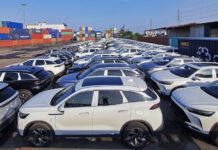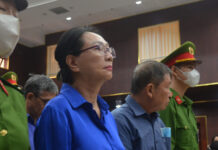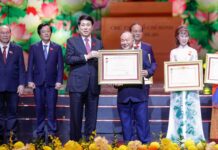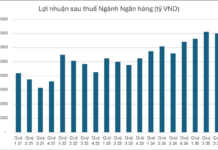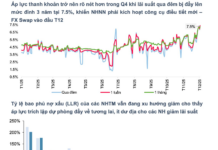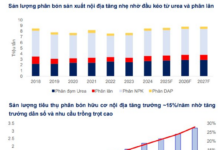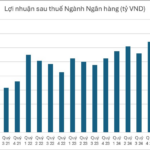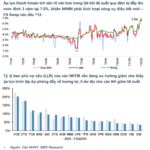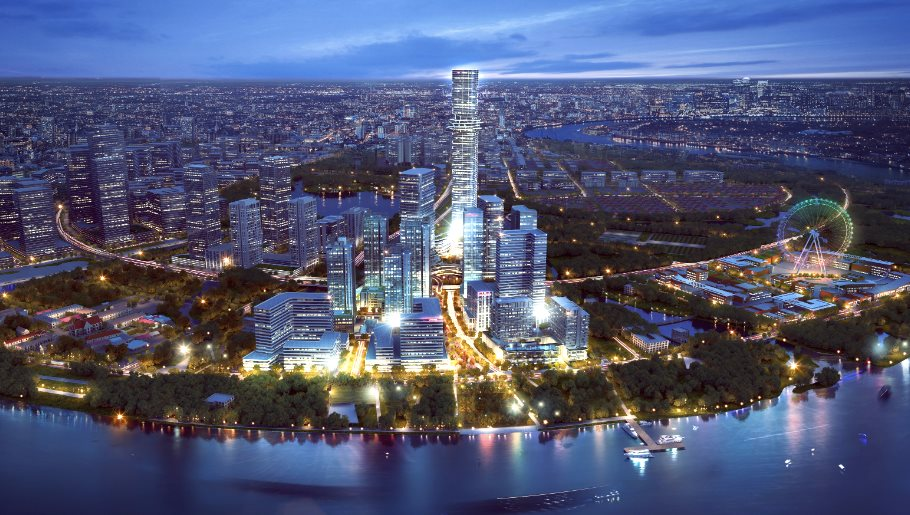
Empire City Project.
The latest developments regarding the financial obligations of the Empire City project, highlighted by the planned 88-story tower set to be Vietnam’s tallest, have been further clarified.
During the press conference on socio-economic conditions held on September 25, representatives from the Ho Chi Minh City Department of Finance announced the rejection of the developer’s request to reconsider the additional land use fee. Following re-evaluation in line with the Conclusion 1037/KL-TTCP (2019) issued by the Government Inspectorate, the project’s total financial obligation was determined to be VND 8,819 billion, an increase of over VND 5,000 billion compared to the previously paid amount.
Earlier, Empire City Development Joint Venture Company, the project’s developer, submitted a document to the Chairman of the Ho Chi Minh City People’s Committee. The company stated that the proposed additional financial obligation represents a 246% increase from the nearly VND 3,600 billion paid in early 2017. According to the developer, this negatively impacts investor confidence, particularly among foreign partners, in the stability of the city’s investment environment.
Empire City Development argued that the project has been stalled since 2019 due to issues related to the Government Inspectorate’s conclusion, resulting in significant resource wastage. The company urged authorities to reassess the additional financial obligation based on the land allocation date in 2015 and apply the legal documents effective at that time, specifically Circular 36/2014.
In response, the Ho Chi Minh City Department of Finance emphasized that the entire pricing process was conducted in compliance with regulations by the Department of Natural Resources and Environment and the city’s Land Price Appraisal Council. Consequently, there is currently no basis for adjusting the obligation as proposed by the developer. The department also noted that, aside from Empire City, no other project in Thu Thiem has faced similar challenges due to increased land use fees after legal issues were resolved.
The Empire City project, with a total investment of USD 1.2 billion, is being developed on a 14.5-hectare site along the Saigon River. It is a joint venture between domestic firms Tien Phuoc and Tran Thai, and international partners Keppel Land (Singapore) and Gaw Capital Partners (Hong Kong).
The impasse in determining the financial obligation is casting uncertainty over the future of this iconic project in the Thu Thiem New Urban Area, while the developer expresses concerns about potential international legal disputes.
Post-Merger with Ho Chi Minh City: The Surge in Binh Duong (Former) Apartment Prices Fueled by Satellite City Population Relocation Strategy
Following the merger, the newly expanded Ho Chi Minh City has unlocked vast development potential, emerging as a cutting-edge megacity and a powerhouse for finance, manufacturing, logistics, and innovation. This transformation maximizes the natural, geographic, and infrastructural advantages of all three localities.
Ho Chi Minh City: Industrial Zone Workforce Continues to Grow, No Mass Exodus to Rural Areas
At a press conference addressing socio-economic issues on the afternoon of September 25th, Ms. Nguyễn Võ Minh Thư, Deputy Head of the Ho Chi Minh City Export Processing and Industrial Zones Authority (HEPZA), provided insights into the labor situation within the city’s export processing and industrial zones (EPZs-IZs). This update comes amid concerns that many workers are leaving the city to return to their hometowns for employment opportunities.
Over 17,000 Women in Ho Chi Minh City Receive Support for Having Two Children Before 35
Ho Chi Minh City (HCMC) is among the localities with the lowest birth rates nationwide and is currently grappling with a rapidly aging population.



